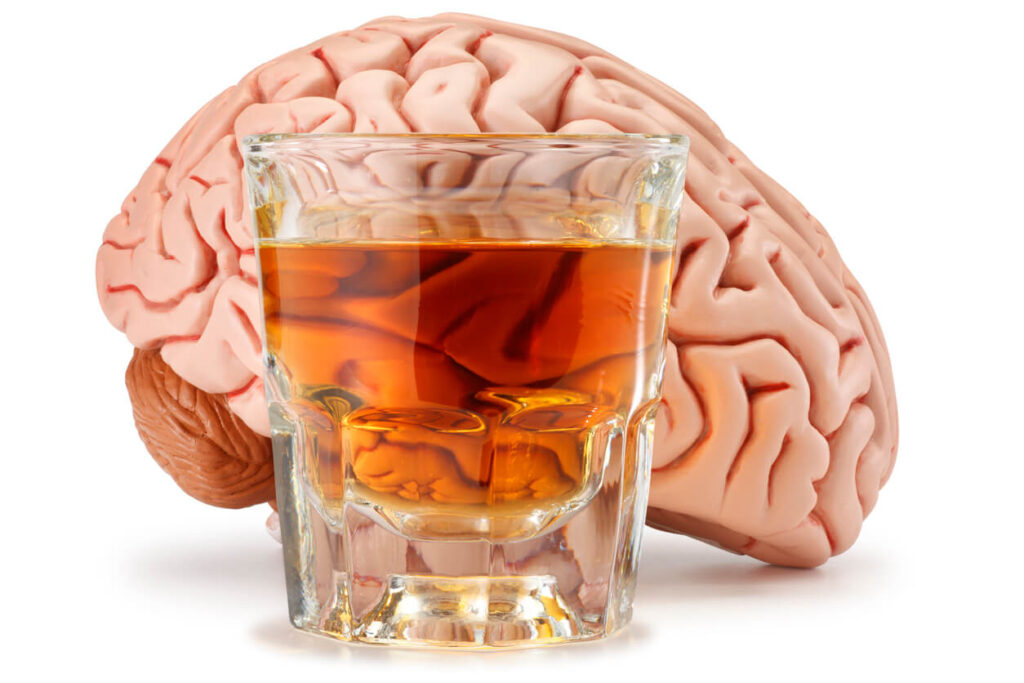A recent study published in Neurology has brought to light the potential dangers associated with consuming eight or more alcoholic drinks per week. Researchers from Heidelberg University and the University of São Paulo examined brain autopsy data from 1,781 individuals, uncovering a significant association between heavy alcohol intake and the presence of vascular brain lesions and tau tangles—both markers linked to cognitive decline and Alzheimer’s disease .Health
The study revealed that heavy drinkers were 133% more likely to have vascular brain lesions compared to non-drinkers. Even former heavy drinkers, who had abstained for at least three months before death, exhibited an 89% higher risk. Moderate drinkers weren’t exempt; they faced a 60% increased risk. These findings suggest that the neurological impacts of alcohol may persist long after consumption has ceased.Wikipedia+3Health+3The Washington Post+3
Dr. Alberto Fernando Oliveira Justo, one of the lead researchers, noted that alcohol consumption contributes to vascular damage, oxidative stress, and inflammation, all of which can compromise brain health. The presence of tau tangles, in particular, is a hallmark of Alzheimer’s disease, indicating that regular alcohol intake could accelerate neurodegenerative processes.Health
Implications for Public Health
This study adds to a growing body of evidence suggesting that even moderate alcohol consumption can have lasting effects on the brain. Given that over 67% of U.S. adults reported drinking in the past year, with more than 6% engaging in heavy alcohol use, these findings have significant public health implications.Health
Recommendations
Health experts advise individuals to limit their alcohol intake to below seven drinks per week to mitigate potential risks. Additionally, maintaining a healthy lifestyle—managing blood pressure, engaging in regular physical activity, and avoiding smoking—can further protect cognitive function.


